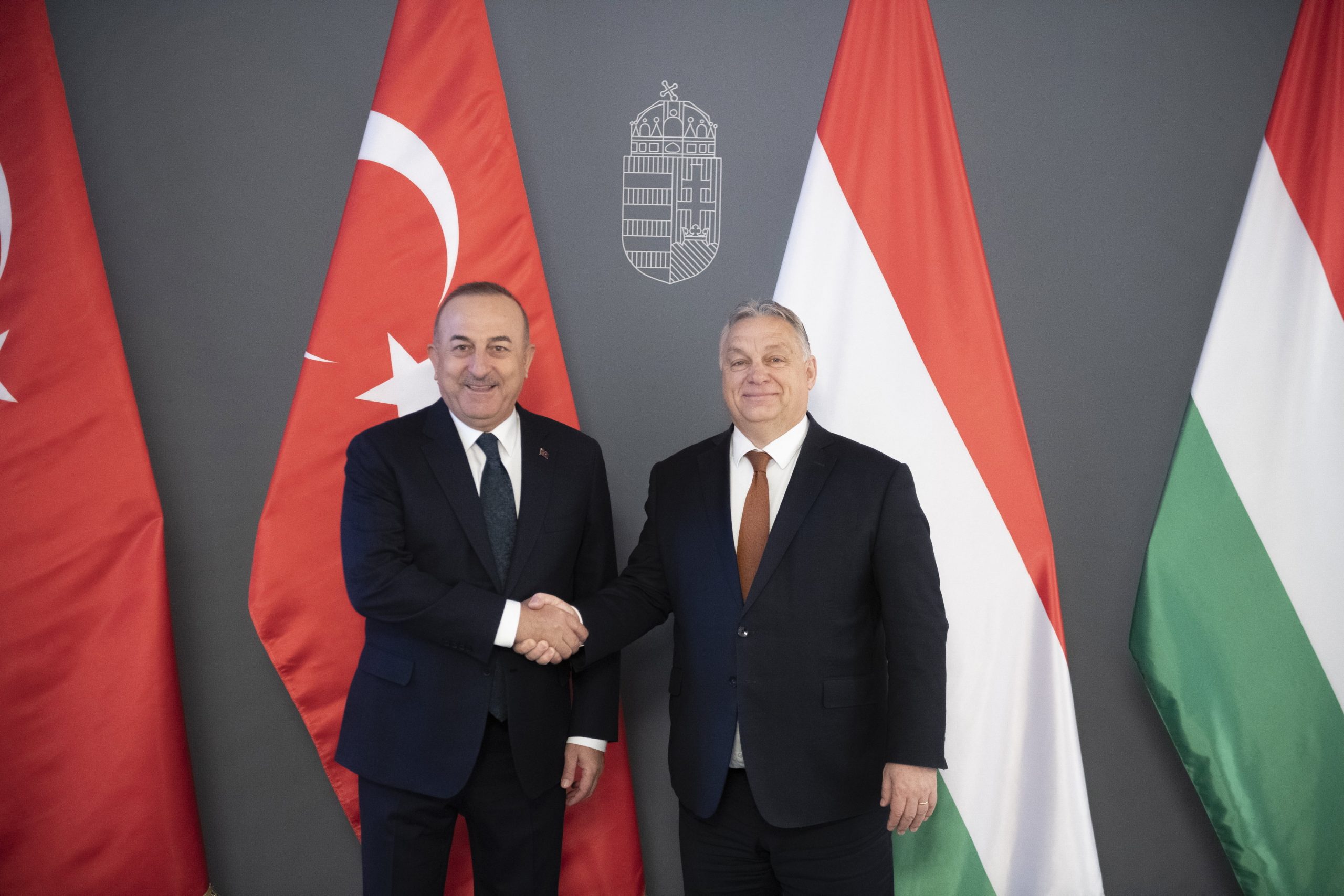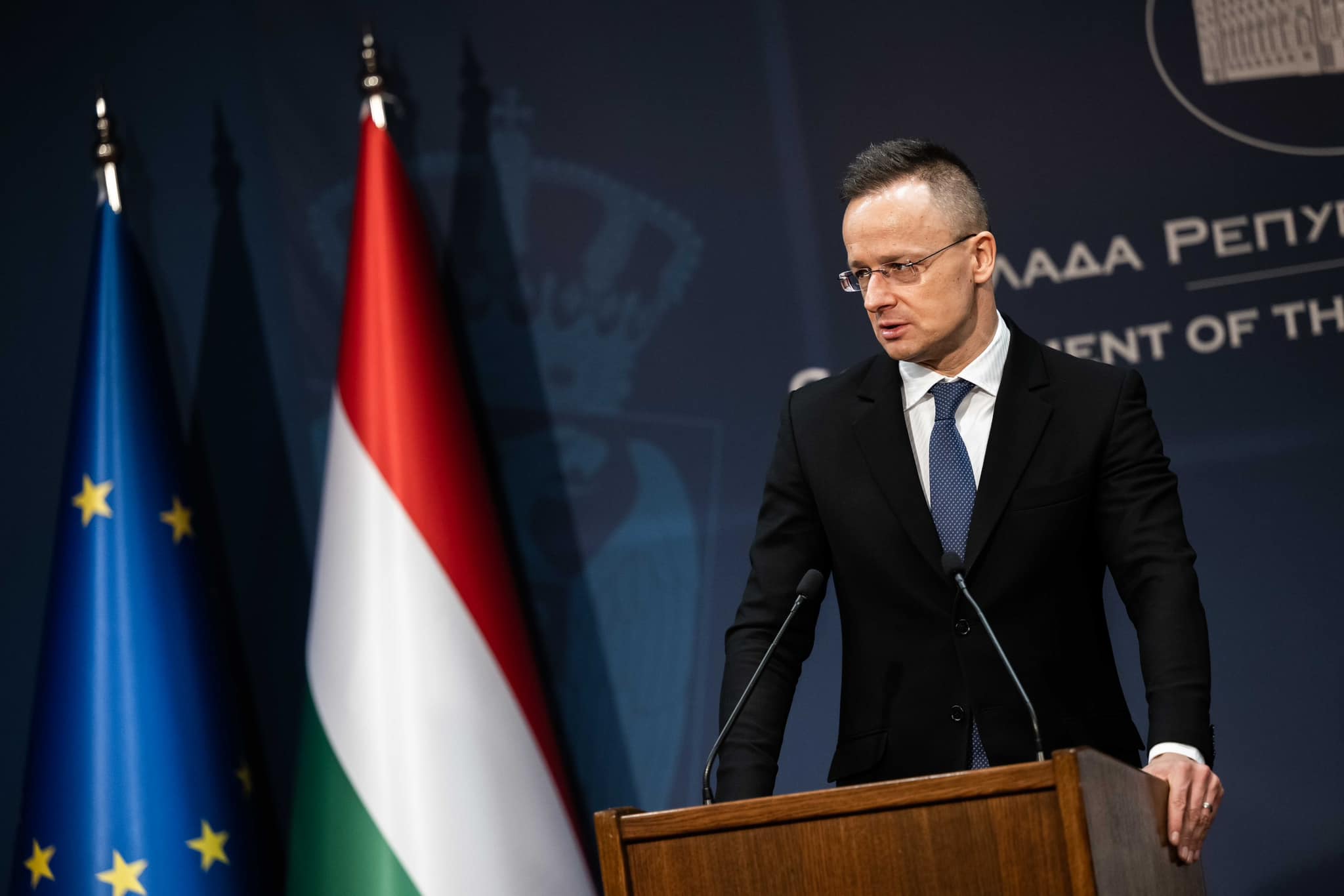
Hungary and Turkey may soon sign an agreement on raising their cooperation to a key strategic partnership.Continue reading

The war in Ukraine has had a dramatic impact on the security of energy supply, but Hungary and Serbia have been helping each other with energy security in the spirit of friendly, strategic cooperation and will continue to do so in the future, Hungarian Minister of Foreign Affairs and Trade Péter Szijjártó said in Belgrade on Tuesday.
Péter Szijjártó and Serbian Minister of Mines and Energy Dubravka Djedovic noted that Serbia and Hungary have successfully overcome the obstacles and have been able to secure their energy supplies in this extremely uncertain energy environment caused by the war and sanctions.
The Hungarian Foreign Minister pointed out that
Serbia has been an honest, reliable, and fair partner for Hungary in terms of natural gas transit.
Thanks to this, Hungary imported 4.8 billion cubic meters of natural gas last year via the Turkish Stream gas pipeline through Serbia. Moreover, Hungary stored 300 million cubic meters of gas for Serbia in its domestic storage facilities last year.
Szijjártó also pointed out that diversification, i.e. the inclusion of new sources, would be of utmost importance for the long-term security of gas supply. The most realistic scenario is the possibility of increased gas supplies from Azerbaijan, he explained. However, in order to transport and use the gas from Azerbaijan, major infrastructure developments in the region are needed, such as building pipelines and inter-connectors.
Fortunately, such a connection between Serbia and Bulgaria will be built soon, and at the same time, negotiations between Hungary and Azerbaijan on a long-term gas purchase agreement are at an advanced stage.
Two routes are envisaged for the supply of this gas to Hungary: on the one hand, from Turkey via Bulgaria and Romania, and on the other hand, via Serbia to Hungary.
The minister also said that work is on schedule to double the electricity interconnection capacity between Serbia and Hungary by 2028. This will contribute to the security of electricity supply of both countries, especially as the two new nuclear power units at the Paks plant are scheduled to be commercially commissioned in early 2030.
As the Foreign Minister pointed out, Azerbaijan has an increasingly important role lately in Europe’s energy supply. It is not only Hungary that is eyeing cooperation with the South Caucasian country, but the whole of the European Union as well: European Commission President Ursula von der Leyen traveled to Azerbaijan in January to reach a favorable agreement on energy supply. After her meeting with Azerbaijani President Ilham Aliyev, she said that the EU wants to diversify away from Russia and turn towards more reliable trustworthy partners.
One of these partners is Azerbaijan, with whom a Memorandum of Understanding was signed, making the energy partnership stronger. As a result, the European Union will double the supply of gas from Azerbaijan and commit to the expansion of the Southern Gas Corridor.
Meanwhile, Hungary has recently raised its level of cooperation with Azerbaijan to that of a key strategic partnership. Moreover, back in December, Hungarian Prime Minister Viktor Orbán, Azerbaijani President Ilham Aliyev, Romanian Prime Minister Nicolae Ciuca, and Georgian Prime Minister Irakli Garibashvili signed an agreement on the construction of a submarine power cable transmitting electricity from Azerbaijan to Europe in Bucharest on Saturday.
Featured photo via Facebook/Péter Szijjártó